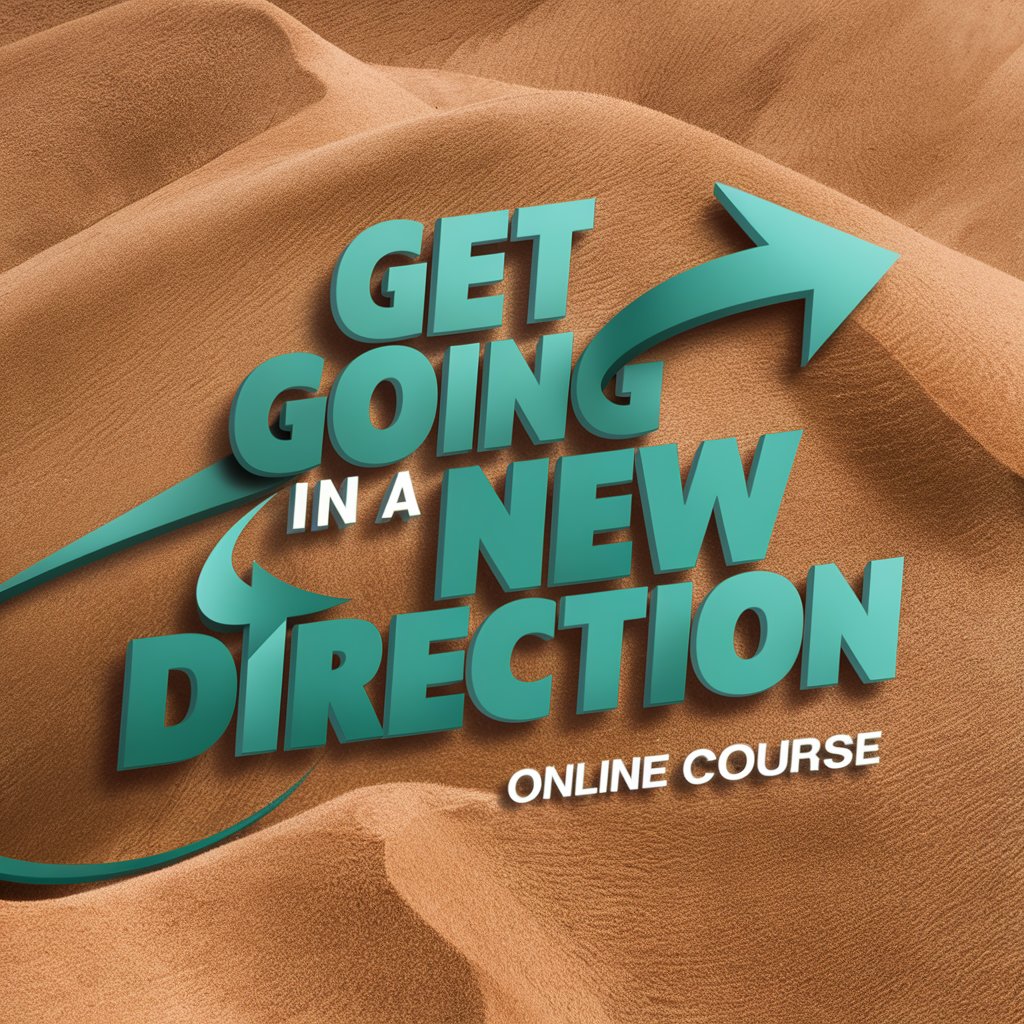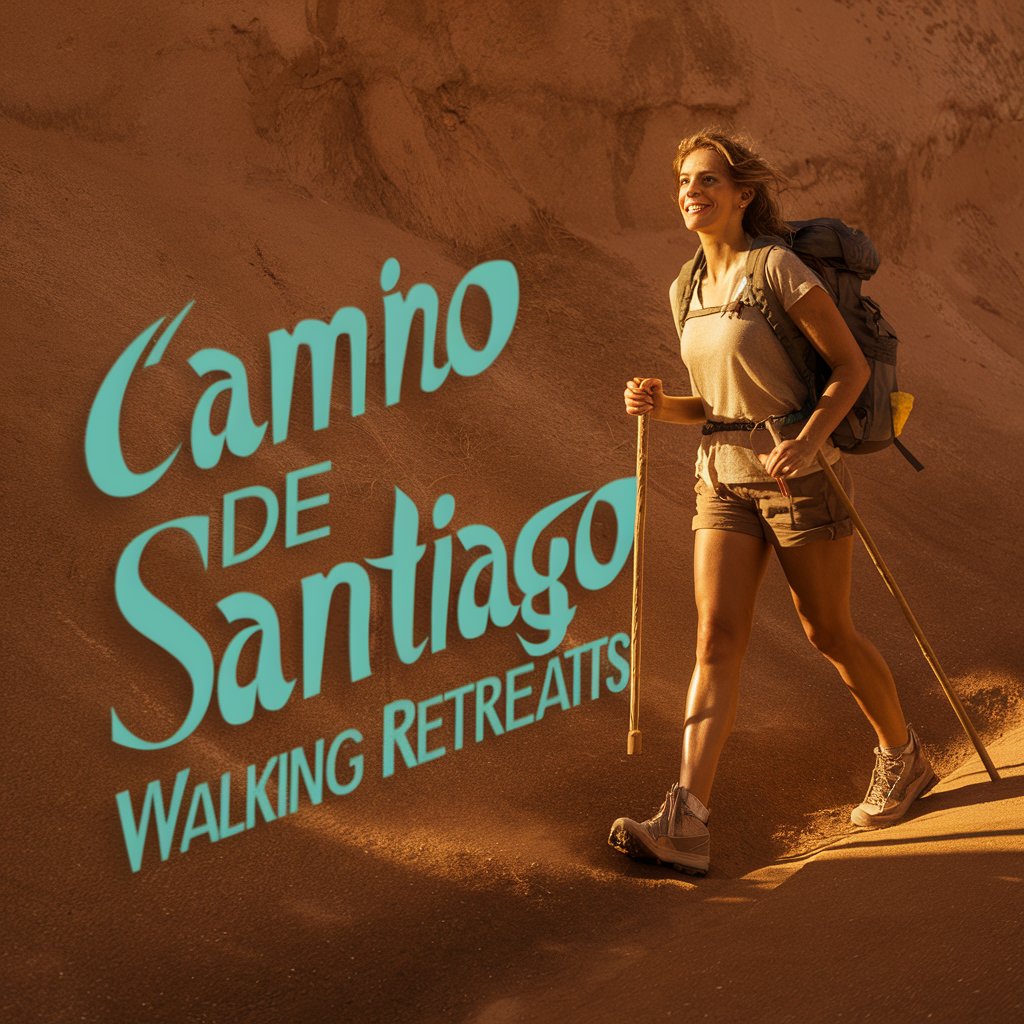“Life transitions are the times in our lives when we don’t know how to tell the stories of our lives anymore.” Bruce Feiler
Are you thriving or just surviving in this grand, chaotic saga of life transitions? Maybe you’re thriving, you’re out there, radiating positive energy, waking up early, and somehow managing to do things like “morning routines” and “self-care Sundays.” People see you and think, Wow, they’re really nailing this whole adulting thing. You’re one green smoothie away from full enlightenment. You’ve got plants that aren’t dead. You make “change” look like a fresh Instagram reel, complete with upbeat music and perfectly filtered light.
Maybe you’re somewhere between striving and barely surviving. You’re getting through your “transition” with a survival kit of coffee, Netflix, and the occasional breakdown in the bathroom. Your motivational mantra sounds something like, “Today… we did not cry in public. Small wins.” Maybe you’ve Googled “how much stress is too much stress,” or taken up a new hobby like staring into space and sighing deeply. When someone says, “Wow, you’re handling this so well,” you laugh just a little too hard, maybe even tear up a bit.
The truth is, life transitions don’t come with a manual. It’s a high-stakes choose-your-own-adventure book, and half the time, you’re flipping back to the last chapter trying to figure out how you got here. Thriving? Striving? Surviving? It’s all relative. One day you’re a self-care icon, the next day you’re eating ice cream for dinner and calling it “self-compassion.”
So let’s raise a glass (or a coffee mug, or a pint of ice cream) to life transitions. Whether you’re out there thriving like a success story or striving like a sleep-deprived squirrel, you’re doing great. Keep going. Or at least keep caffeinated.
12 Unconventional self-care activities that can enhance resilience during challenging times:
- Bird Watching: Engaging in bird watching can improve well-being by connecting you with nature and fostering mindfulness. Setting up a bird feeder or exploring local parks can be both relaxing and intellectually stimulating.
- Tai Chi: This meditative martial art combines gentle movements with deep breathing, promoting relaxation and mental clarity. Classes in local parks can enhance the experience by connecting you with nature.
- Woodworking: This hands-on activity demands focus and creativity, making it an effective way to relieve stress. The repetitive nature of woodworking can be meditative and fulfilling.
- Online Learning for Career Change: If work-related stress is a concern, consider enrolling in an online course to explore new career opportunities. This proactive step can provide a sense of control and purpose.
- Cold Water Immersion: Regularly exposing yourself to cold water through showers or baths can build mental resilience and improve your overall stress response (not entirely convinced about this one! but some people swear by it.)
- Laughter Journaling: Spend time each day reflecting on funny experiences or jokes. Documenting these moments can boost your mood and foster a positive outlook on life.
- Improv Comedy Classes: Participating in improv can enhance your ability to think on your feet and embrace uncertainty, which is crucial during life changes.
- Mindful Coloring: Using adult colouring books can reduce anxiety and promote mindfulness, allowing you to focus on a simple, enjoyable task. Download Esprit Meraki’s Colouring Book
- Engaging in DIY Projects: Taking on creative projects at home can provide a sense of accomplishment and allow for self-expression, which is beneficial for emotional health.
- Nature Camping Trips: Disconnecting from technology and spending time in nature can rejuvenate your spirit and help you gain perspective on your challenges.
- Experimenting with Sensory Deprivation: Activities like floating in sensory deprivation tanks can enhance self-awareness and emotional regulation, providing a unique way to recharge mentally.
- Storytelling: Instead of journaling about stressors, try writing your own stories. This form of escapism provides you with a sense of purpose while diverting attention from your anxiety.
Incorporating these unconventional self-care activities into your routine can help bolster resilience, allowing you to navigate life’s changes with greater resilience.
About no 12: Can Storytelling really Increase Your Resilience?
Absolutely. It’s like free therapy with a dash of creative rebellion.
When you tell your story—really tell it, not just the Instagram-filtered highlights—you’re giving yourself a chance to see your life from the outside. To find humour in the mess, meaning in the monotony, and, maybe, a bit of strength in the parts you thought were too broken to save. You get to piece it all together, decide what matters, and let go of the rest.
Storytelling also rewires your inner narrative. Instead of feeling like life’s just happening to you, you take the pen back. You get to be the hero, the plot twist, the storyteller who owns every step of the journey.
And here’s the best part: when you tell your story, you don’t just help yourself—you offer others a mirror, a laugh, a me too. Storytelling becomes a connection, a release, and a reminder that you’re not in this alone.
Storytelling can be a powerful tool for improving resilience in several ways:
Creating Coherence and Meaning
Storytelling helps you create coherence in your life by organising past experiences into a structured narrative. This process allows you to make sense of your past, present, and future, providing a stable sense of identity and values. By understanding your own stories, you can better cope with stress and trauma, reducing feelings of confusion and overwhelm.
Fostering Connection and Support
Sharing personal stories can strengthen connections with others by building trust and increasing understanding. This shared vulnerability fosters deeper relationships and creates supportive networks that are crucial during challenging times. Storytelling also allows you to celebrate their hardiness and resilience, reinforcing positive self-perception.
Inspiring Action and Motivation
Crafting narratives about desired outcomes or ideal futures can motivate you to take action. By envisioning a compelling story of change or success, you can clarify your vision, set intentions, and influence both yourself and others to pursue their passions. This process ignites determination and provides direction during times of uncertainty.
Enhancing Emotional Insight
Storytelling encourages emotional insight by allowing you to acknowledge and understand your emotions. This process can lead to greater emotional regulation and resilience by helping you separate yourself from your problems and view them from a new perspective.
Stimulating Growth and Learning
Through storytelling, you can reflect on your past experiences, which promotes personal growth and learning. This reflection helps you adapt to new situations, overcome obstacles, and achieve goals, enhancing your sense of competence and confidence. By recounting stories of difficulty and adversity, you can gain insights into your resilience strategies and apply them to future challenges.
Overall, storytelling serves as a multifaceted approach to building resilience by promoting coherence, connection, growth, action, and emotional insight.
Actually, Storytelling plays a crucial role in Personal Growth in several key ways:
Creating Meaning and Identity
First, it helps you to create meaning and identity by making sense of your experiences. By organising past events into structured narratives, you can establish a stable sense of self and values, find meaning in difficult experiences, and gain perspective on your journey. This process of crafting your life story contributes significantly to self-understanding and personal growth.
Encourages Self-reflection and provides Insight
Additionally, storytelling fosters self-reflection and insight. The act of telling your story encourages deep introspection, leading to greater emotional awareness and self-understanding. It helps you identify patterns in your behaviour and decision-making, recognise personal strengths, and pinpoint areas for growth. This reflective process is essential for personal development and can result in positive changes in your attitude and behaviour.
Fine-tune your Coping Skills
Storytelling also fine-tunes your coping skills. Sharing stories of overcoming challenges reinforces your ability to handle adversity, providing a sense of control over past events while offering perspective on current difficulties. By recounting stories of past resilience, you can cultivate confidence in your capacity to face future challenges.
Enhances your Communication Skills
Storytelling also enhances your communication skills and creates deeper social connections. It develops the ability to express your thoughts and emotions effectively while creating understanding between you and your listeners. This improved communication builds trust and intimacy in relationships, which is vital for your mental well-being.
Promotes Flexibility and Adaptability
Stories serve as powerful tools for learning and adaptability. They help you to learn from others’ experiences, encouraging the exploration of new perspectives and original ideas. This process facilitates the integration of new knowledge into your existing mental frameworks, promoting flexibility and adaptability.
Storytelling is such a powerful tool. It helps you to understand yourself, connect with others, build resilience, learn, and inspire change. Storytelling allows you to actively shape your narrative and foster continuous growth throughout your life. An d compelling personal stories, no matter how messy, can inspire action and eventually positive change in others.
How Storytelling can be transformative, especially during Life Transitions:
- Career Change: Maybe you are leaving a corporate job. Sara did, to open a coffee-cum-bookshop, and storytelling helped her to frame her decision as a journey of self-discovery. Sharing the story of why she left her previous role and what inspired her new venture gives her a sense of purpose. It also helps her connect with future customers who resonate with her new beginning.
- Ending a Long-Term Relationship: If you are struggling at the end of a relationship, storytelling can provide a way to reflect on what happened during the relationship and what lessons you learned and can carry forward. By framing the transition as an empowering narrative of self-discovery, you can shift from feeling loss to seeing the potential for a new, better aligned future.
- Empty Nest: If you are facing an empty nest, you can reframe your role by telling the story of the journey from nurturing children to supporting young adults. Sharing this story with your friends, your community, or just writing it all down can help allow you to see your continued importance in your children’s lives, shifting the narrative from “losing purpose” to “evolving purpose.”
- Overcoming Burnout: When facing burnout, storytelling can allow you to process how you reached that point and envision a recovery path. Sharing your story in a support group or journaling through the experience can help you understand your boundaries and the patterns that led to burnout, so you can create a healthier work-life balance going forward.
- Rediscovering Purpose: Some of my Walking and Writing retreat guests have used storytelling to reflect on their life path, rediscover what brings them fulfilment, and uncover their “next chapter.” As they share this journey, it often becomes a narrative of finding direction, letting go of past doubts, and embracing a renewed sense of purpose.



Storytelling during life transitions is like drawing a map from where you’ve been to where you want to go, helping you see challenges as parts of a larger story, the story of your life.

Author Bio: Dr Margaretha Montagu – described as a “game changer”, “gifted healer”, “guiding light” and “life-enriching author” – is an experienced medical doctor, a certified NLP practitioner, a medical hypnotherapist, an equine-assisted psychotherapist (EAGALAcertified) and a transformational retreat leader who guides her clients through life transitions – virtually, or with the assistance of her Friesian and Falabella horses, at their home in the southwest of France.

